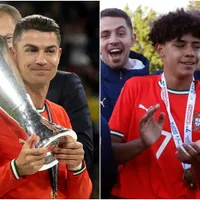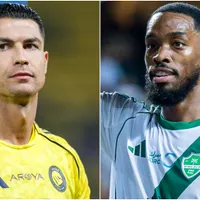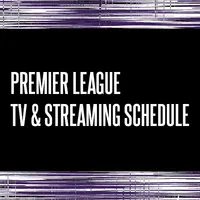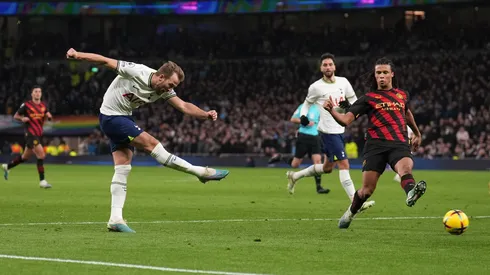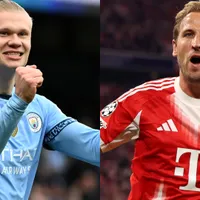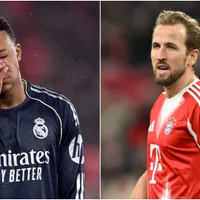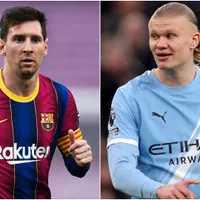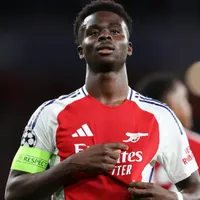Harry Kane is one of the best strikers, or a number nine, in the world. Kane became only the third player to score his 200th Premier League goal in Tottenham’s 1-0 win over Manchester City. Kane also cemented himself in the annals of Tottenham Hotspur history. The same goal, his 267th for the club, allowed him to surpass Jimmy Greaves as the club’s all-time top scorer.
These records are the reason why Kane would demand a hefty price if he chose to play somewhere else in the summer. Another reason is that Kane is one of the best strikers in the world. In the modern era, top-class strikers are becoming harder to find in the modern game.
History By the Numbers
The number nine is your target player. When balls are crossed into the middle or hoofed long from the back, it is that player you want on the receiving end. Some of the greatest male players in that role are Alfredo Di Stefano for Argentina and Real Madrid, Johan Cryuff for the Netherlands, Ajax and Barcelona, Ronaldo for Brazil and a number of top clubs in Europe or Alan Shearer for England, who scored many of his goals for Blackburn and Newcastle. These players have an instinct for putting the ball in the back of the net – the ultimate objective in any soccer game.
This is one of the most difficult to play. Some might think the goalkeeper has the worst job of all, but behind a solid defense the goalkeeper can be left with little to do. Strikers need to be fast, strong and intelligent. They need to be able to take players on, see where the ball is going to be and get there ahead of the defenders. Erling Haaland matches this profile better than most. He embodies the attributes all teams want in a striker. So why do Manchester City still struggle?
The rarity of finding a number nine like Harry Kane
When Erling Haaland arrived in the Premier League, many questioned how Pep Guardiola’s playing style would adapt to playing with a number nine. Though Haaland has been successful, cracks are beginning to show. City is not alone in this. Liverpool have struggled to reach their usual standards, and have also been trying to play Darwin Núñez as a number nine. Núñez has not had the success of Haaland, and Liverpool have struggled in other positions.
There always seems to be a shortage of top-class strikers. The biggest clubs in Europe are always looking to recruit the cream of the striker crop. However, more often than not the biggest teams fail to strike the right balance in the rest of the team when playing with a number 9. Either the striker is left isolated, or the defense is left open.
The pace of the game has increased in the past couple of decades. Teams have been devastatingly effective with speedy attackers who can capitalize on the counter – this tactic allowed Leicester City to win a shock Premier League title in 2016. The evolution of the game has made the number 9 a rare breed.
Strategic Choices
Playing a striker requires a sacrifice elsewhere on the field. Often teams play with a so-called “false nine” in order to shore up the midfield. With a limit of only 10 outfield players, playing with a true number nine up front makes more work for the other nine outfield players who have to balance defense with creating chances. It’s the same dilemma coaches face when deciding between a back 3 and a back 2. Playing a back 3 creates a solid backline, but requires sacrifices elsewhere.
Many teams in recent years have opted for a “false nine”. This places more emphasis on the midfield responsibilities of the team. Rather than playing an out and out striker, a false 9 has to be both target and playmaker. It can result in fewer goals scored, but favors possession games such as the Manchester City of previous seasons, or the multi-Championship winning Spain team.
Harry Kane is still that older breed of a number nine. Still, he is able to prop Tottenham to compete for a Champions League spot. If he does move, he makes any team a contender with his remarkable output of goals across each competition.
PHOTO: IMAGO / PRiME Media Images

